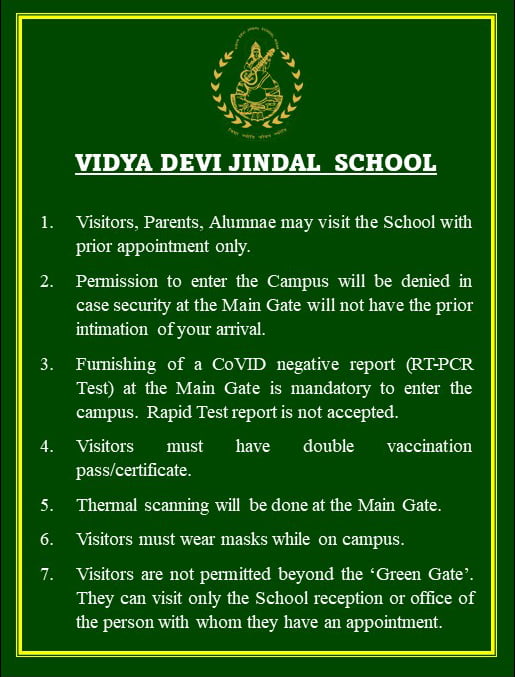
Home > Special Education Needs Department
Click to see the Policy on SEN
Click to see the Referral procedure
Special-needs education is the practice of educating students in a way that addresses their individual differences and special needs. This process involves the individually planned and systematically monitored arrangement of teaching procedures, adapted equipment and materials, and accessible settings. These interventions are designed to help individuals with special needs achieve a higher level of personal self-sufficiency and success in school and in their community, which may not be available if the student were only given access to a typical classroom education.
VDJS Special Education Needs department have a well-laid operating procedure which includes:
Screening and Identification
Learning Disability Certification
Provisions and Accomodations
Remedial Classes
Individualised Educational Plans
Reintegration in the Mainstream
